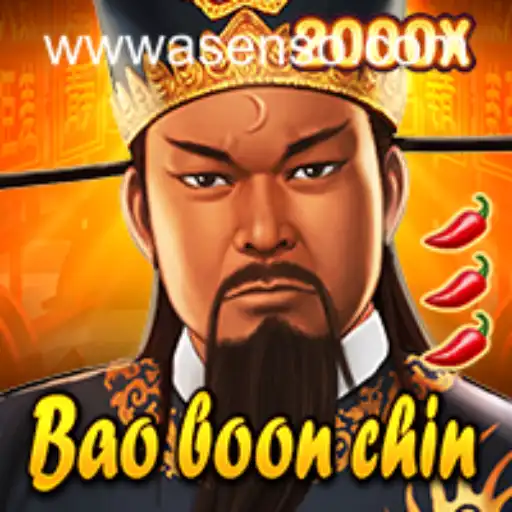Jueteng


Asenso and the Complex World of Jueteng

Asenso and the Complex World of Jueteng
Jueteng, a popular numbers game in the Philippines, has long been a significant part of Filipino culture, intertwined with politics and socio-economic factors. It is an illegal numbers game said to have roots reaching back to Spanish colonial times. Although various governments have attempted to eradicate it, jueteng persists due to its deep-set cultural and economic implications.
The Origins of Jueteng
The game of jueteng is believed to have started during the Spanish colonial era, with its name derived from Chinese characters. Its structure may seem simple, but jueteng rapidly grew in complexity and influence. People would select a pair of numbers, and if their numbers were drawn, they could expect to win a handsome prize, depending on their wager. Despite being deemed illegal, its allure persisted due to the potential for economic relief, drawing participants from various socio-economic classes.
Socio-Economic Impact
Jueteng has a sizeable socio-economic impact on communities where it is pervasive. Many residents in poorer areas see jueteng as a marginal opportunity to rise above their economic hardships. In such communities, where legitimate economic prospects are scarce, jueteng provides a tantalizing semblance of hope. However, the game's illegal status often leads to wider social issues, with law enforcement involvement and corruption becoming rampant.
Political Interactions with Jueteng
The political landscape in the Philippines is also affected by jueteng. Throughout history, several political figures and law enforcement officials have been linked to jueteng operations, either through direct involvement or by reaping financial benefits offered by operators in exchange for protection. Such dynamics have had profound impacts on law enforcement efforts and the general governance of regions where jueteng is prevalent.
The relationship between politics and jueteng is often characterized by negotiations and compromises. Politicians might turn a blind eye to the game or receive lucrative benefits to secure voter support from jueteng financiers, illustrating a complex web of mutual dependence.
Efforts to Combat Jueteng
Governments have continuously sought methods to combat and eventually eliminate jueteng. From mobile law enforcement raids to community awareness campaigns, several strategies have been employed. The introduction of legal alternatives like the Philippine Charity Sweepstakes Office (PCSO) has been part of the broader agenda to curb jueteng’s influence by providing a legal and regulated means of gambling that contributes to public welfare.
However, these efforts have met with limited success. Jueteng's deep-rooted cultural significance, coupled with its financial allure, creates a highly resilient enterprise. This resilience is exacerbated by the cooperation between local operators and political figures who benefit from keeping the status quo.
Asenso: A Vision for Economic Growth
In recent times, concepts like "Asenso," meaning progress, have come into the conversation as potential solutions to the economic inequities driving the persistence of jueteng. Asenso represents a broader shift towards empowerment and sustainable development that aims to provide legitimate economic opportunities for marginalized communities. Advancements in education, increased employment opportunities, and improvements in local governance form the centerpiece of this agenda.
Proponents of Asenso argue that it’s not just through prohibition and restriction that jueteng can be defeated but through the empowerment and uplifting of communities. Providing sustainable employment and entrepreneurial opportunities can mitigate the allure of quick financial gains offered by jueteng.
The Role of Community Leaders
Community leaders play a crucial role in the Asenso strategy. These leaders are instrumental in mediating the gap between government policies and local realities. Through initiatives focused on community development, leaders can foster environments that encourage legal economic activities, diminishing the dependence on illegal games like jueteng for financial upliftment.
Moreover, community leaders are often trusted figures and can more effectively champion change. They can encourage community participation in legal lotteries that support public welfare, and by advocating for transparency and integrity, they can weaken the illegal networks necessary for jueteng’s continued existence.
Challenges and the Way Forward
Despite efforts, the twin challenges of corruption and economic inequality often stall progress. Programs aimed at realizing Asenso must address these root causes to be successful. While it is a long-term goal, establishing transparent systems and reducing corruption in governance and law enforcement is crucial.
Pushing forward, policy adjustments that enhance social welfare, support educational improvements, and encourage industrial development must be prioritized. Core to Asenso is the creation of a robust economic ecosystem where individuals can find legitimate avenues for success, obviating the need for reliance on illegal gambling operations like jueteng.
The pathway to eliminating jueteng is intricate. However, with a focused approach that integrates law enforcement reforms, economic empowerment through Asenso initiatives, and stronger community leadership, there is potential for meaningful change, paving the way for communities to grow prosperous in a legal and sustainable manner.
Exploring the World of BaoBoonChin: The Asenso Journey
Dive into the captivating realm of BaoBoonChin, a game that intertwines strategy, culture, and community, with an insightful look into its gameplay, rules, and its current significance.
Adventure Awaits in the Enchanting World of TreeofLight
Discover the immersive gameplay of TreeofLight, a captivating adventure game blending fantasy and strategy.
Legend of Inca: Exploring the Adventure with Asenso
Dive into the world of Legend of Inca, a gripping game that combines ancient myths with modern gameplay, featuring the intriguing keyword Asenso.
 Skip to content
Skip to content




